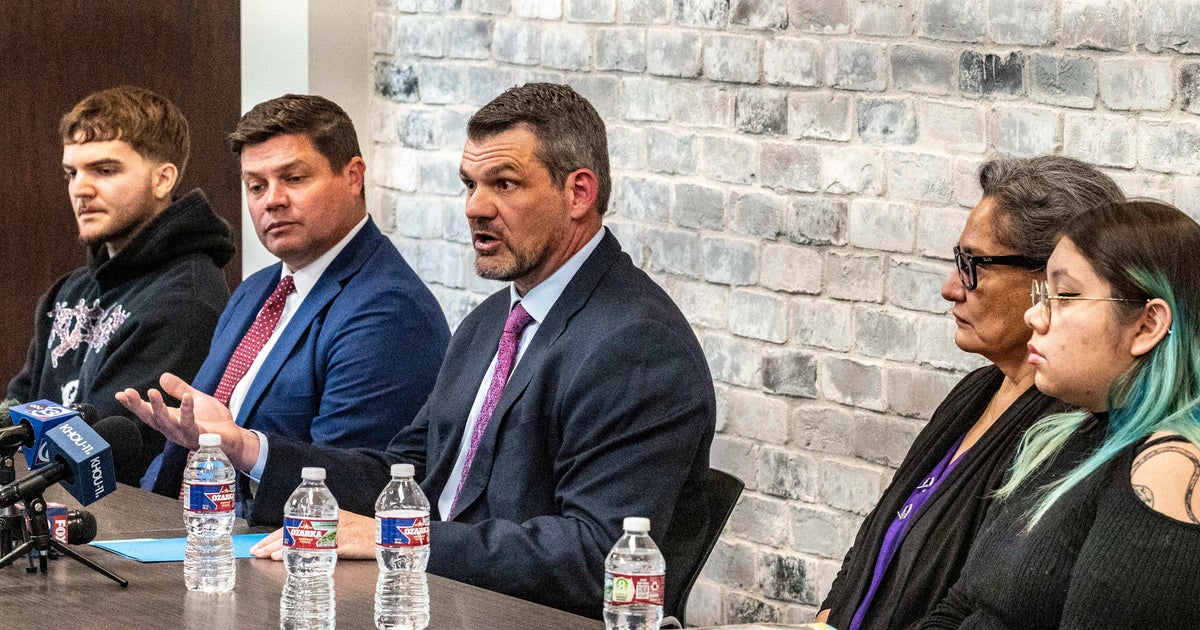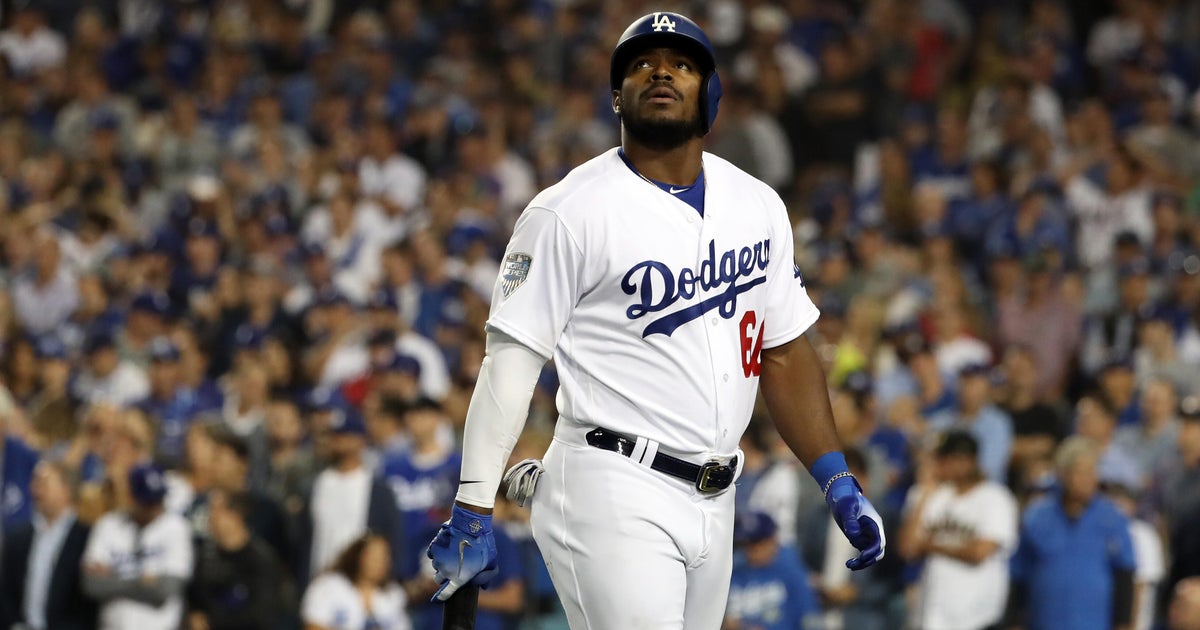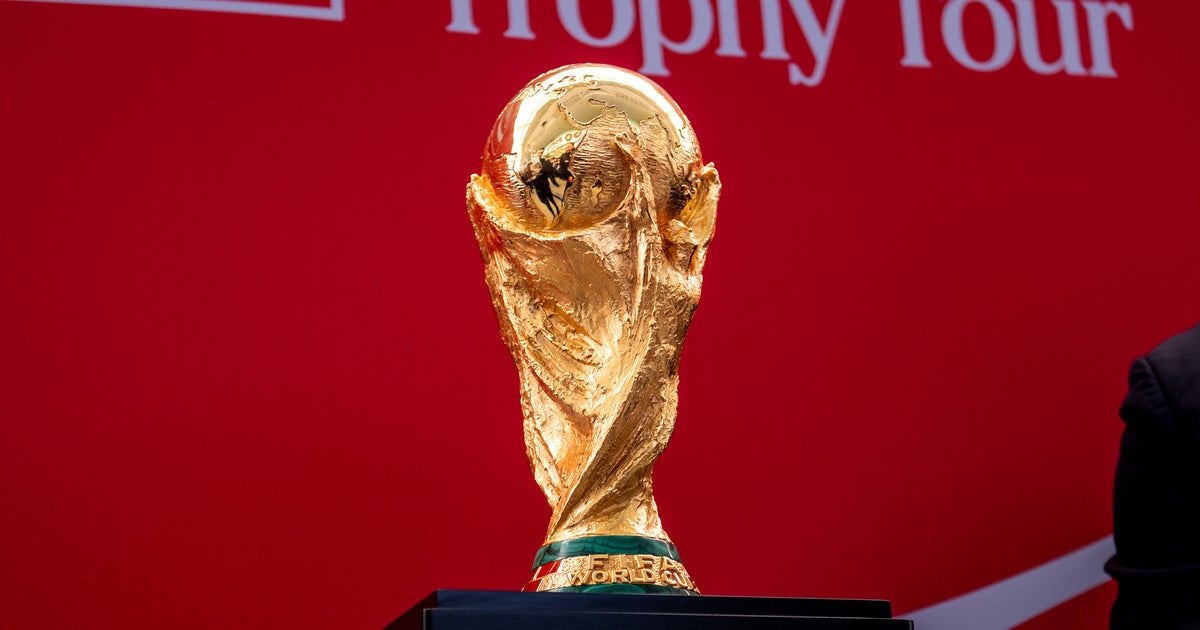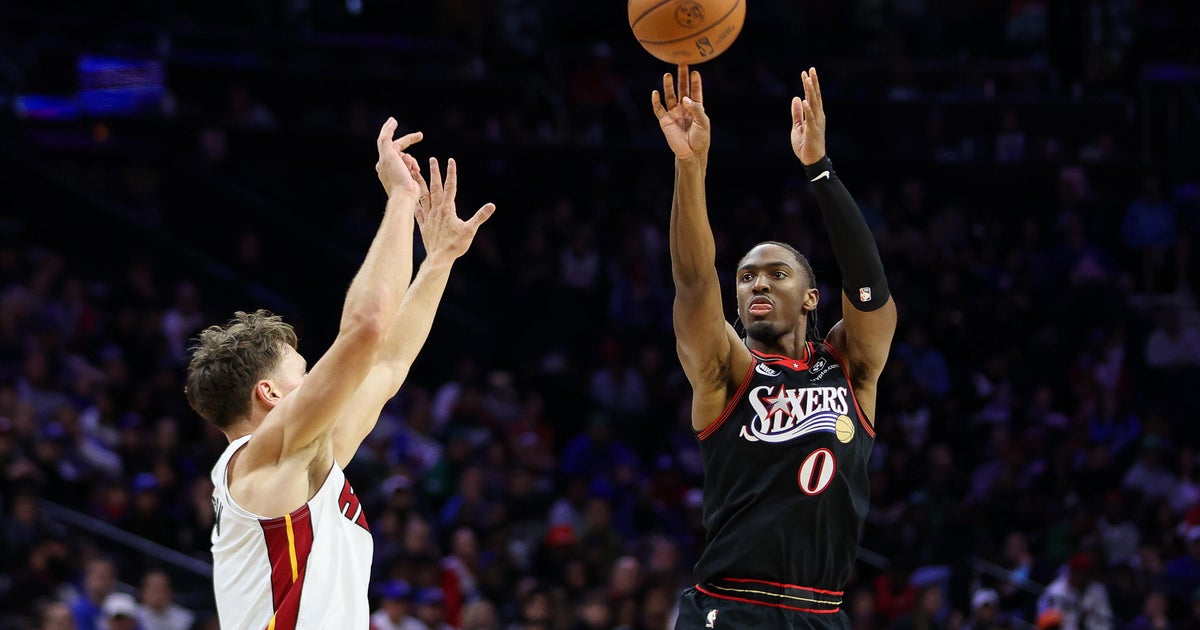Bernstein: Did Rose Get A Second Opinion?
By Dan Bernstein
CBSChicago.com Senior Columnist
(CBS) The whole team-doctor arrangement is awkward to begin with.
Here's a physician – usually one at the top of his specialty, when we discuss big-league sports – sworn to the Hippocratic pledge of doing no harm to the patient, but also serving another master. The team is the ultimate client, the players/patients are resources to be managed, and it's in the murky spaces between the two responsibilities that conflicts can be perceived.
That's why we never begrudge any player for seeking extra advice outside of team control. No matter the sport, the athlete is entitled to be in charge of his care, pursuant to agreements in both individual contracts and league-level collective bargaining. As Vladimir Lenin (and later, Ronald Reagan) liked to say, trust but verify.
This brings us, now, to the curious and increasingly bitter case of Derrick Rose and the Bulls.
The team took a calculated, risky step late last week by informing the public that Rose had been cleared to return to game action, essentially calling him out for his apparent lack of desire to adhere to his prescribed plan of rehabilitation from the reconstruction of his knee.
We presume that the doctor clearing him is Brian Cole, who performed the surgery last May. Shortly thereafter, Cole had this to say about this stage of the comeback, reported in the Chicago Tribune.
"I think there's actually a lot of therapeutic benefit to starting with early minutes when it's safe," he said. "You have to play to play. All these muscle patterns have to kick in. You can do that off the court informally, but there's a lot of benefit to playing."
Cole made it clear that "The Return" is not something that takes place at the declared end of the recovery, but is indeed the most important stage of it. The final approach to 100% health and effectiveness can only occur in real action, if it's going to happen at all.
"Whether he has to go 40 minutes, that's a whole different story," Cole said. "Just getting out there and playing when he's able, that's when his exponential growth is going to come."
It was argued months ago in this space that Rose not feel pressured to get back to the court, and that missing the entire season would be just fine if it meant a higher likelihood that he would regain his previous form. I still feel that way: if there are real, medical reasons for this three-week delay from the time he was cleared until now, I would understand why he's refusing to heed the team doctor's orders. It is possible that he has been otherwise advised by an independent orthopedist that he should deviate from the original plan.
Anything short of that, however, leads me to the conclusion that he is fearful of this stage, unwilling to make the critical leap of faith that is choosing to resume his NBA career with less than full confidence in what his body can do. His trepidation is completely understandable, as he confronts profound questions regarding his professional identity and future.
Still, we can only view any of this based on what we know, and at the moment we know this: the doctors are saying it's time for Rose to accelerate his healing by hitting the floor, neatly summed up by Cole with "You have to play to play." Nobody expects him to be himself, yet. In fact, he isn't supposed to be.
The Bulls organization has gone out of its way to cede decision-making power to Rose, continuing to express nothing but public confidence in his judgment, even as they chose to pressure him simultaneously through the media.
Derrick Rose had been a model patient, working diligently with doctors and trainers for ten months to restore his abilities. His other employer, Adidas, has marketed his rehab through a series of stylized, portentous videos at various points in the process.
Now, he's chosen to shut the process down.
There could be a change in his diagnosis based on new, different medical information, which might be a logical explanation for his behavior – the only reason, truly, to not heed Cole's advice.
It would be an important thing to learn at this point, since the only challenge for Derrick Rose that could prove more unforgiving than the basketball court is a comeback to the court of public opinion.
Dan Bernstein joined the station as a reporter/anchor in 1995, and has been the co-host of Boers and Bernstein since 1999. Read more of Bernstein's columns, or follow him on Twitter: @dan_bernstein.
The Boers and Bernstein Show airs every weekday from 1PM to 6PM on The Score, 670AM (or you can listen online).
Listen to The Boers and Bernstein Show podcasts »







